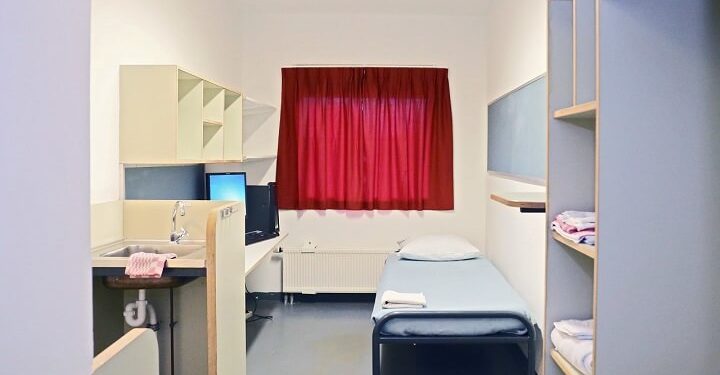By Susan Kendi
Detainees who have served at least two-thirds of their sentence should be released early in light of the coronavirus (COVID-19) pandemic.
Lawyers who work as defence counsel before international criminal tribunals have appealed to the President of the United Nations International Residual Mechanism for Criminal Tribunals (IRMCT) to use existing legal provisions to offer prisoners this relief.
In a March 27, 2020 media statement, the Association of Defence Counsel practicing before the international courts and tribunals (ADC-ICT) argued that the existing legal system of the International Criminal Tribunal for the former Yugoslavia, International Criminal Tribunal for Rwanda and IRMCT, an individual who has served two thirds of his or her sentence can apply for early release.
Additionally, the lawyers urged individuals who had not served two-thirds of their sentence be granted provisional release, meaning that they could return to the detention facility once the registry reports that it is safe to do so.
UN High Commissioner for Human Rights, Michelle Bachelet has separately asked governments to reduce the number of detainees by releasing those most vulnerable to the viral disease — particularly the old, sick and low risk offenders.
“In many countries, detention facilities are overcrowded, in some cases dangerously so. People are often held in unhygienic conditions and health services are inadequate or even non-existent. Physical distancing and self-isolation in such conditions are practically impossible…Imprisonment should be a measure of last resort, particularly during this crisis,” said Bachelet.
She added that the basic rights of the detained people including access to legal and medical services should be respected.
“Restrictions on visits to closed institutions may be required to help prevent COVID-19 outbreaks, but such steps need to be introduced in a transparent way and communicated clearly to those affected. Suddenly halting contact with the outside world risks aggravating what may be tense, difficult and potentially dangerous situations… Examples of alternative measures taken in some countries, such as setting up expanded videoconferencing, allowing increased phone calls with family members and permitting email,” she said.
According to the Center for Systems Science and Engineering at Johns Hopkins University (CSSE) Thursday tally, United States of America is leading with 82,400 cases followed by China with 81,782 cases and Italy had 80,589. China was the first country to report the pneumonia-like disease on December 2019.
More than 20,000 people have died from COVID-19, over 500,000 infected and more than 100,000 recovered in at least 170 countries across the world.
The World Health Organisation declared COVID-19 a pandemic on March 11, 2020 stating that it was a universal health emergency with the worrying levels of its spread and severity.







